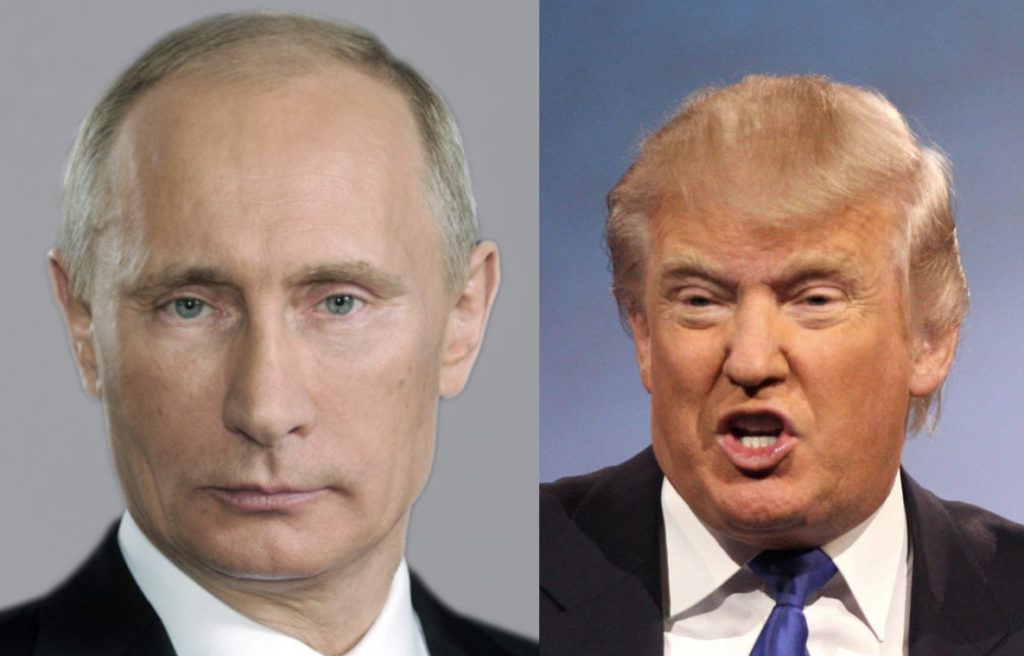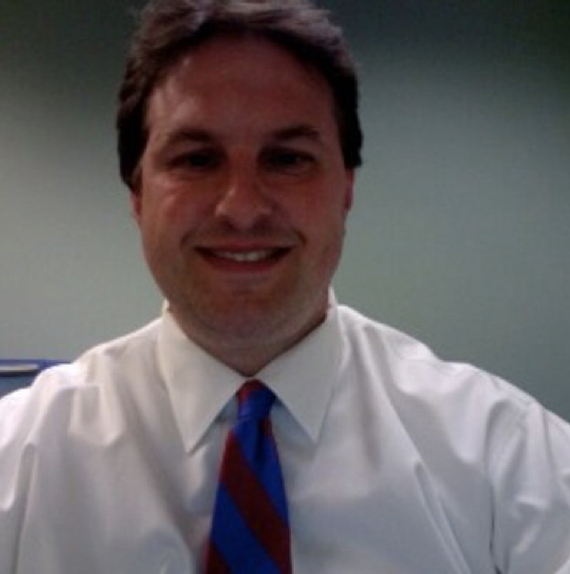Donald Trump’s lawyers make startling admission in Trump-Russia lawsuit

The Protect Democracy Project, a nonpartisan nonprofit organized to hold the President and Executive Branch accountable, filed a lawsuit, Cockrum, Cockrum, Comer, and Schoenberg v. Donald J. Trump for President, Inc. and Roger Stone, in the United States District Court for the District of Columbia (full court papers here). The lawsuit alleged public disclosure of private facts, intentional infliction of emotional distress, conspiracy to intimidate lawful voters, and asks for relief for the plaintiffs whose rights were allegedly violated.
The lawsuit was filed on July 12, 2017. On October 25, 2017, the defendants filed motions to dismiss the complaint, citing lack of jurisdiction. The hearing on the motions to dismiss was heard on May 17, 2018. On “All In With Chris Hayes” on May 18, 2018, Protect Democracy Executive Director Ian Bassin discussed the hearing. What is most amazing is what he described that the lawyers for the defense argued in court. The Twitter handle for Protect Democracy, @protctdemocracy, posted on May 18:
Yesterday in court #Trump lawyers, “…were essentially arguing that even if we did work with #Russia to dump these emails which were hacked, well that’s just political activity and our First Amendment right to do so.” #inners
A post just prior to that tweet suggested the defense did not even try hard to push back on the conspiracy angle. The post stated:
As @ianbassin said on #inners there was a hearing yesterday which, “was the first time that Trump lawyers stood up in open court to answer questions about the #Russia conspiracy and amazingly the Trump legal team didn’t push back very hard on the idea of a conspiracy.”
The tweets raise serious issues, if this is truly what transpired in the court on the hearing. To suggest that working with a foreign enemy, especially Russia, is “just political activity” too easily dismisses the protections that are built into our system against foreign intrusions in elections. It also smacks of desperation by defendants who know that justice is coming down and they will not be able to avoid it, so they scramble to try to change the narrative to make what likely is illegal activity seem benign. Justice will win out.

Daniel is a lawyer writing and teaching about SCOTUS, and is the author of the book “The Chief Justices” about the SCOTUS as seen through the center seat.
